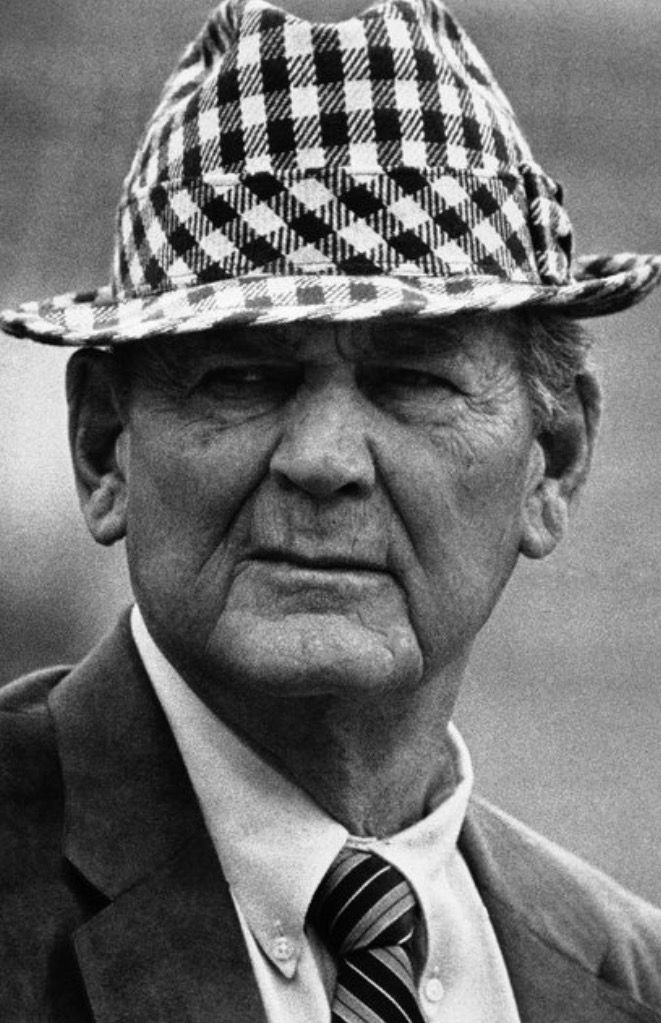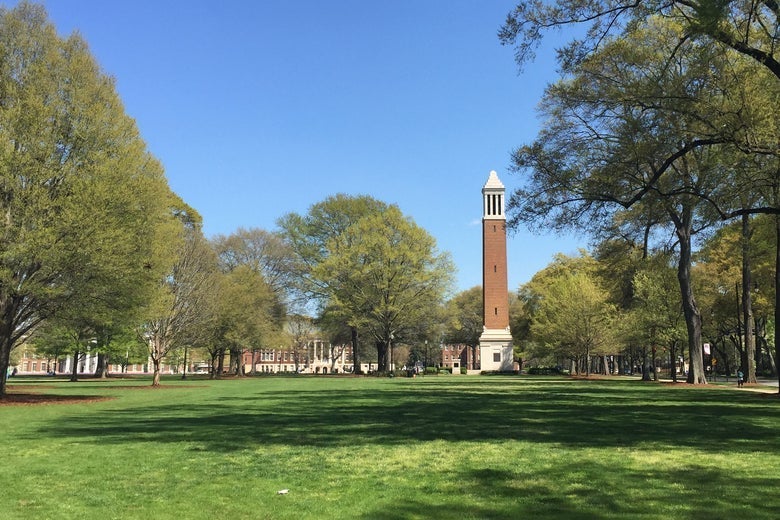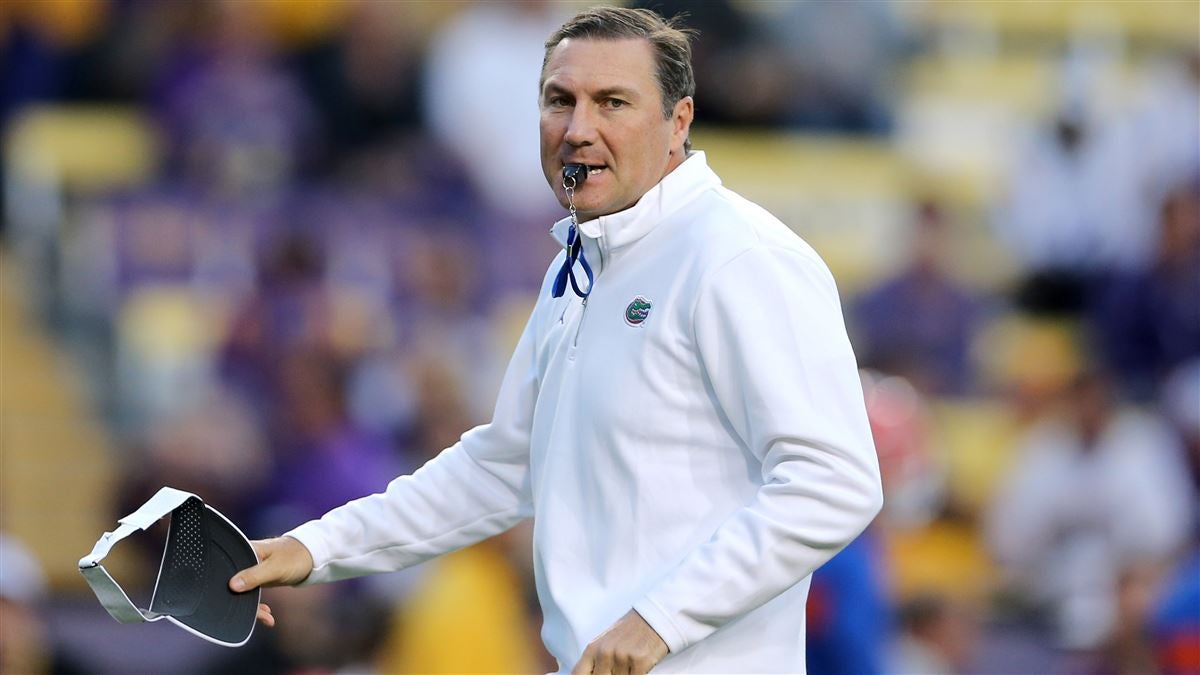In three months the excitement of another impending college football season will be upon us...or will it? The nation has seen an unprecedented hiatus—professional musicians, entertainers and athletes have all been prevented from playing to crowds large or small, due to the scare of the dreaded corona virus. The nation's mighty economy and singular, vibrant culture has been shuttered. How long can it last? Normalcy is a copacetic term frequently bandied about—yet it remains as fleeting as playing and watching college football, as surreal as it now seems. But the clock is ticking. The temperatures are rising, and fans everywhere can see that at the back end of a long, hot summer tainted by restrictions and lockdowns, is the catharsis and reward we all live for and crave for—college football. It's that time of year when the heated summer temperatures begin to fade and yield to colder days, when the leaves begin to change color, and when the youthful partisan spirit within us all crackles like the kindling of a well-planned winter fire.
A Fall Without College Football Will Bankrupt College Athletic Departments
The Title IX clause of the 1972 Federal Education Amendments, signed into law on June 23, 1972, stated “no person in the U.S. shall, on the basis of sex, be excluded from participation in, be denied the benefits of, or be subjected to discrimination under any education program or activity receiving Federal financial assistance.”
This landmark amendment ensured thereafter that women's sports would be granted an equal number of campus scholarships provided for men's sports. It also required for the equal funding of said sports, which entails coaches salaries, facilities, travel, etc. Fair is fair, after all. This, of course, requires funding, and the men's sports—particularly college football—pays the bills—for both men and women.
Two of the men's sports have already had their seasons ended—college basketball and college baseball. Those two sports are the other two major revenue earners for most large, sports-playing universities, as their games are regularly attended. This means for 2020, college football revenues must pull the train. Take that last remaining revenue stream away from college athletic departments—and you are playing with fire, as few will survive the nuclear fallout, in terms of lost revenue. Only the strongest few will exist, barring a wholesale economic bailout. Perhaps that is the intended case, but it could lead to other, unintended, disastrous consequences, like the hastening of the departure of the student-athlete for semi-professional status.
The Rise of Semi-professional Athletes and Right of Publicity (Name, Image, Likeness)
The esoteric term has taken on new meaning amid the growing national conversation. The parts “name, image and likeness” are three elements that constitute a legal concept known as “right of publicity.” Right of publicity involves situations where permission is required of a person to use their name, image or likeness. College Football and the NCAA have long held that players cannot use their position as a college athlete to make money for themselves, contending the sanctity of their amateur status would otherwise be tarnished...all while the athletic departments make millions off them. There remain equity concerns in an ever increasing, rights pluralistic society, and there is little argument to the contrary that college football players are overworked and underpaid, given the take, and small stipend they receive.
Play Ball This Fall
Backed into an economic corner they must extricate themselves from, college athletic administrators, chancellors, presidents and ratifying boards must find a way to balance their already tenuous athletic budgets against the backdrop of a presidential re-election campaign impugned by a dubious pandemic, economic turmoil and wholesale riots. In honest retrospect, teeing it up on the gridiron sounds like the only viable solution to getting things back to “normal.”
Chris Warner is the author of “Tailgater's Guide to SEC Football” Volume Five (V), COLLECTOR'S EDITION*** This fall Chris will conduct an SEC Tailgate Tour, traveling to the various SEC campuses, making media appearances, signing books, speaking and blogging about the entire, uniquely Southern, experience.








